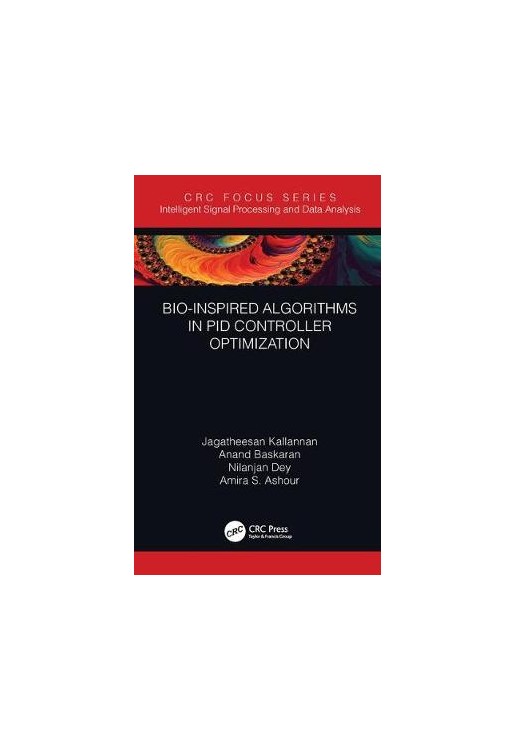This book discusses in-depth role of optimization to optimize the controller parameters. Many comparative studies to evaluate the performance of different optimization techniques are included with different scenarios of the load frequency controller for single area as well as multi-area thermal power generating unit considering different algorithms.
CHAPTER 1: Introduction
Load Frequency control and Automatic Generation Control
Bio-inspired Optimization Algorithms
Literature Survey
CHAPTER 2: Load Frequency Control of Single Area Thermal Power System with Biogeography Based Optimization Technique
2.1 Investigated Thermal Power System
2.2 Controller Design and objective function
2.3 Biogeography Based Optimization technique
2.4 Results and Analysis
2.5 Conclusion
CHAPTER 3: Automatic Generation Control of Multi-Area Interconnected Thermal Power System with SMES Unit and ACO- PID Controller
3.1 Thermal power system under study
3.2 Superconducting Magnetic Energy Storage (SMES) unit
3.3 PID controller design
3.4 Ant Colony Optimization
3.5 Simulation Results and Discussions
3.6 Conclusion
CHAPTER 4: FPA Optimized PID Controller for Performance Improvement of Multi-Area Interconnected Thermal Power System with Non-Linearities
4.1 Investigated multi-area interconnected power system
4.2 Controller design and Objective function
4.3 Flower Pollination Algorithm (FPA)
4.4 Simulation Result and Analysis
4.5 Conclusion
CHAPTER 5: Challenges and future perspectives




